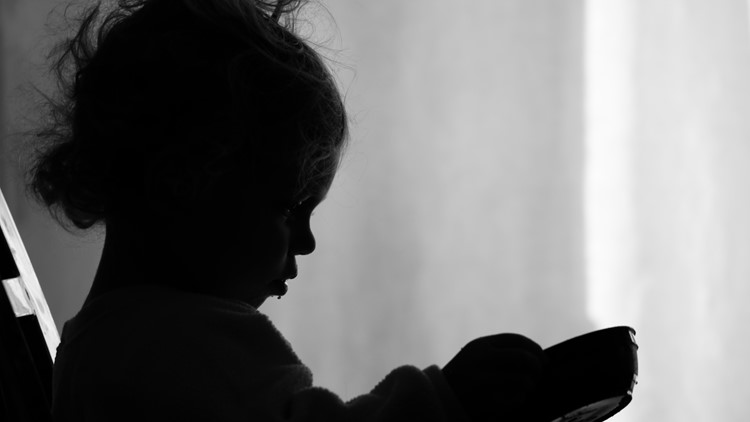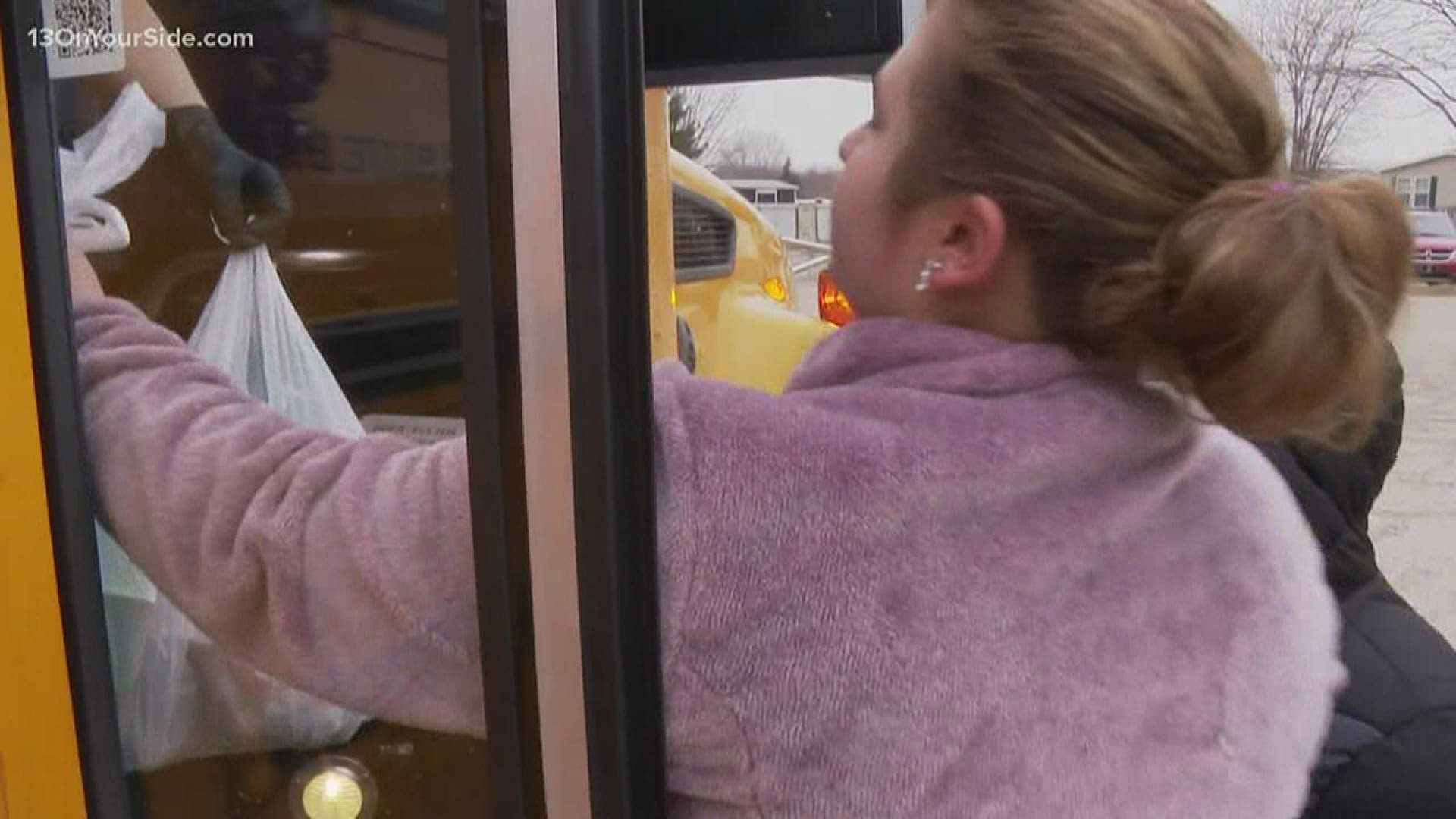GRAND RAPIDS, Mich. — Wednesday, the Michigan League for Public Policy's Kids Count in Michigan Project released its 2020 Kids Count online data profiles that examine child well-being at the state and county level.
The profiles look at 16 child well-being indicators in four categories for each county. Those categories are Economic Security, Education, Family and Community, and Health and Safety. This data and analysis of Michigan kids’ needs is more important than ever in the midst of the COVID-19 pandemic that has resulted in more than 3,500 deaths.
While the most recent data available on child well-being in Michigan does not incorporate the impact of the coronavirus pandemic, it shows where kids were at before this health and economic crisis, and where the biggest needs will be following it.
“The policy and funding needs of Michigan kids will be more important than ever in the months ahead as the Legislature may have to make substantial cuts to the state budget while also helping distribute more than $3 billion in federal COVID-19 relief for the state," Kelsey Perdue, Kids Count in Michigan Project Director, said.
The business closures and job losses related to the pandemic are expected to have a significant impact on parents and their kids, putting even greater emphasis on safety net programs providing food security, healthcare, and resources to prevent child abuse and neglect and more.
Here are some of the key findings in the 2020 Kids Count profiles—and data relevant to the COVID-19 pandemic and the economic strain its caused in Michigan:
Economic Security
Since 2010, Michigan children age 0-17 living in poverty has improved from 23.4 percent in 2010 to 19.3% in 2018. That still means that nearly 1 in 5 Michigan children live in poverty, a rate that is far too high. Looking at what it really costs to make ends meet, almost 1.7 million Michigan households—42.3 percent—were living in poverty or below the ALICE (Asset-Limited, Income-Constrained, Employed) threshold in 2017, an increase over the past decade.
Food Access
For School Year 2018-2019, half of all Michigan kids—730,891—received free or reduced-price lunch. For that same year, 162,111 Michigan kids age 0-18—nearly a quarter—received food assistance benefits. Young kids (those 0-5) are most at risk of not having enough food or nutritionally adequate foods, jeopardizing vital brain and body development.
Healthcare Coverage
Healthcare continues to be a bright spot for Michigan kids, with 97 percent having health coverage in 2017. Michigan’s improved healthcare coverage for kids is due in large part to the Affordable Care Act and the Healthy Michigan Plan.
Child Abuse and Neglect
Child abuse and neglect continue to be a concern in the state, with children in investigated families increasing by 71.8 percent and confirmed victims of child abuse and neglect increasing 33.7 percent over the last decade. 81 counties seeing an increase in children in investigated families, 64 counties seeing an increase in confirmed victims of child abuse and neglect, and 51 counties seeing an increase in children in out-of-home care since 2010.
RELATED: 'Our biggest nightmares' | Ottawa County child abuse referrals plummet during stay-at-home order
Children’s Internet Access
Statewide, 87.7 percent of children (0-17) in the state live in homes with access to the internet. The 12.3 percent of kids who do not have internet at home equals about 266,000 kids. Kids’ internet access by county ranges between 65 percent and 96 percent, and is lowest in rural areas.
“The Kids Count data is intended to be an advocacy tool as well as an informational one, and the project achieved several big wins over the past year,” Perdue said. “We helped successfully pass ‘Raise the Age’ to stop automatically treating all justice-involved 17-year-olds as adults. With criminal justice reform, key 2020 budget investments and other important policy decisions, lawmakers have shown that they can put political differences aside to work for common sense and the common good. We hope that collaboration can continue to tackle the problems facing Michigan kids before, during and after the COVID-19 crisis.”
Find more information about the Kids Count data here.
RELATED VIDEO:
MORE on 13 ON YOUR SIDE:
- Michigan is the first state to provide meals to families affected by COVID-19 school closures
- Michigan foster children unable to visit biological family due to COVID-19
- Local organization collects feminine hygiene products for West Michigan women
- Back child support will be paid with stimulus checks
- Stimulus checks will not affect public assistance benefits
►Make it easy to keep up to date with more stories like this. Download the 13 ON YOUR SIDE app now.
Have a news tip? Email news@13onyourside.com, visit our Facebook page or Twitter. Subscribe to our YouTube channel.




